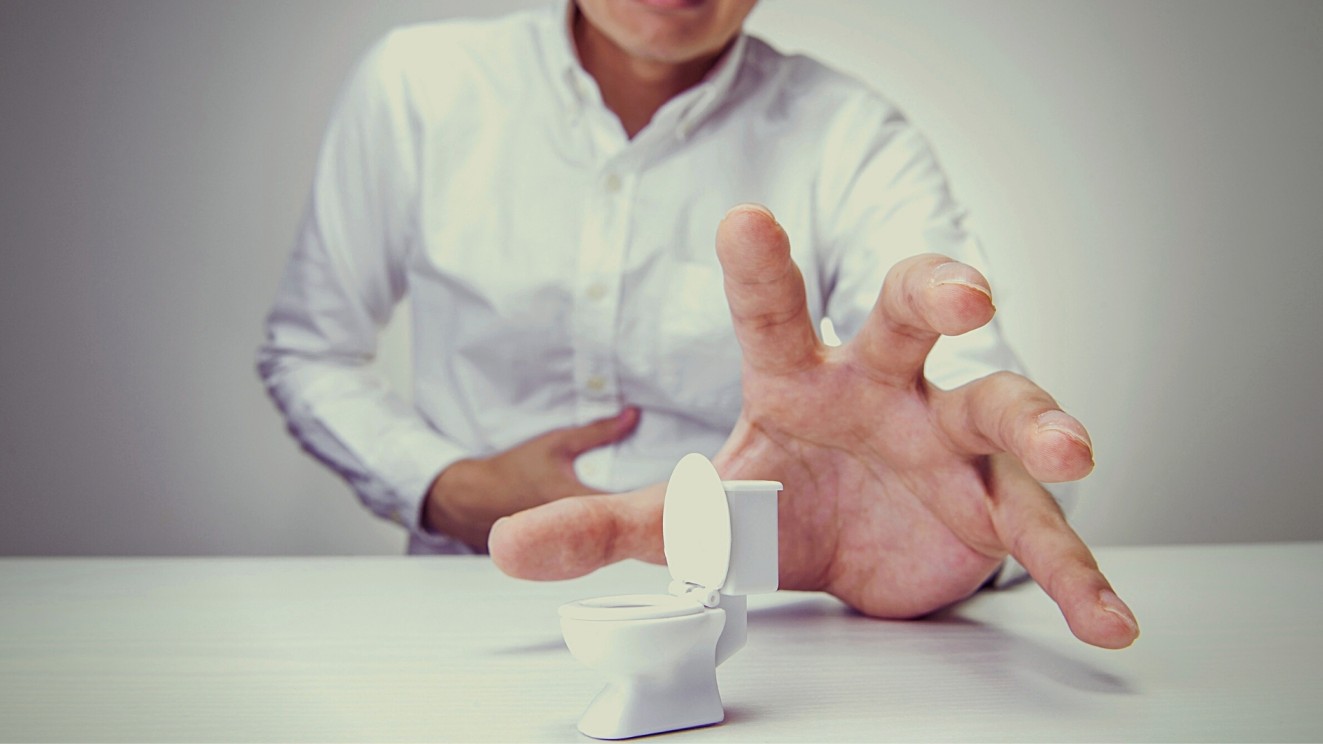Urethritis or urethral inflammation is a type of Urinary tract infections (UTIs). Urethritis usually caused by sexually transmitted diseases (STDs). Urethritis can be classified into two categories:
Urethritis sign and symptoms include:
Men will often have symptoms that cause them to seek treatment to prevent transmission to others. This may include urethritis, epididymitis, proctitis or prostatitis. Women are frequently asymptomatic. Complications in women include pelvic inflammatory disease (PID), infertility, ectopic pregnancy, and chronic pelvic pain.
At most of the cases bacteria is the infectious agent. Bacteria that commonly cause urethritis include:
Urethritis could also cause by viruses, such as adenoviruses, and herpes simplex virus type 1 (HSV-1). Trichomonas vaginalis is a flagellated parasite that infects the urinary tract. T. vaginalis is a common vaginal pathogen but it also has the ability to cause urethritis in men.
Antibiotic is used to treat urethritis caused by bacteria. The most effective antibiotics in treating urethritis include:
Urethritis that is caused by Herpes simplex virus (HSV-1) is treated with antiviral drugs, including:
Urethritis that caused by Trichomonas vaginalis is also called (Trichomoniasis), It is often treated with:
1. Harsh Mohan/ Textbook of pathology/ 7th edition/ New Delhi, India/ Jaypee Brothers Medical Publishers/ 2014
2.Abhay R. Satoskar, Gary L. Simon, Peter J. Hotez and Moriya Tsuji/ Medical Parasitology/Philadelphia, United States/ Taylor & Francis Inc/ 2009
3. Anthony Trevor, Bertram Katzung, Marieke Knuidering-Hall/ Katzung & Trevor’s Pharmacology Examination & Board Review/ 12th edition/ OH, United States/ McGraw-Hill Education/ 2018
4. James Carton/ Oxford Handbook of Clinical Pathology/Oxford, United Kingdom/ Oxford University Press/ 2012
5. W. Scott McDougal, Alan J. Wein, Louis R. Kavoussi, Alan W. Partin, Craig A. Peters/ Campbell-Walsh Urology/ 11th Edition/ Philadelphia, United States/ Elsevier - Health Sciences Division/2016
6. Venetia Saunders, John Carter/ Virology : Principles and Applications/ Chichester, United Kingdom/ John Wiley and Sons Ltd/ 2007
Cystitis is a type of urinary tract infection UTI which affects the bladder. Article contains cystitis definition, treatment�

UTI in men tends to be less common compared to women due to the anatomical differences, (the length of the urethra is 20 cm in men in but 5 cm in women)

The urethra is a muscular canal that extends from the neck of the bladder to the exterior of body. Read more about the anatomy of urethra in this article.

Chronic kidney disease (CKD) is a disease in which irreversible damage to the kidneys leads to a reduction in kidney function. CKD has 5 stages and many complications.

Learn about medical uses, safety profile, mechanisms and interactions of statins.

Comprehensive guide on Ozempic (semaglutide), including its uses, dosage, side effects, warnings, and interactions.
.png)